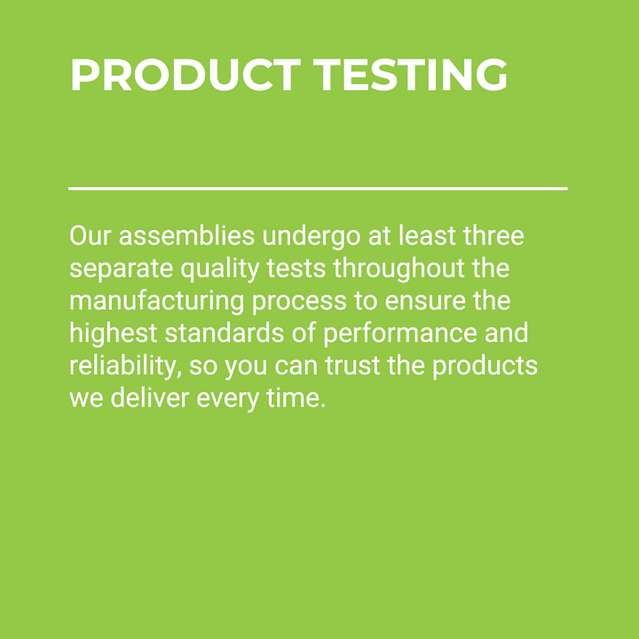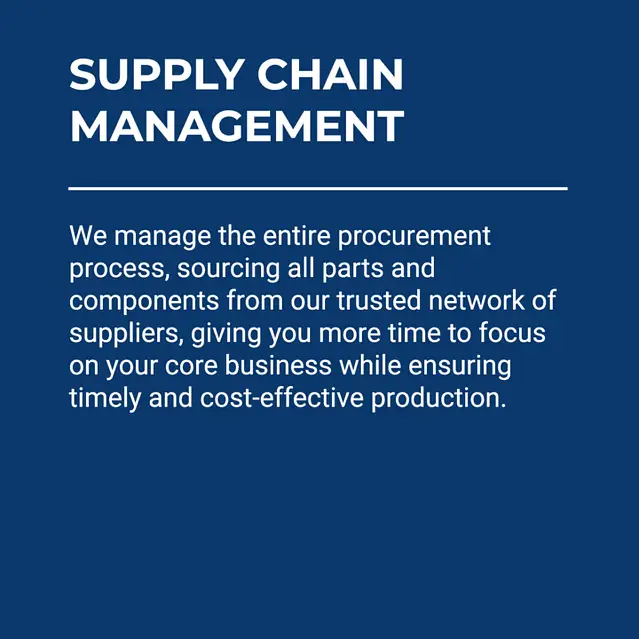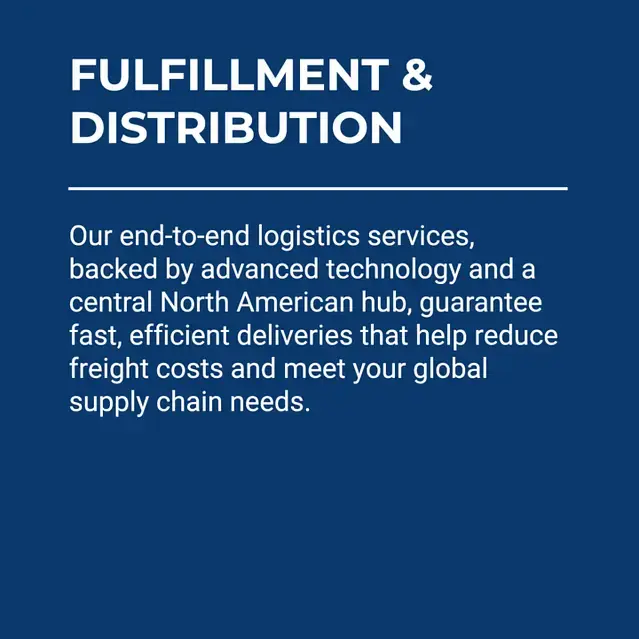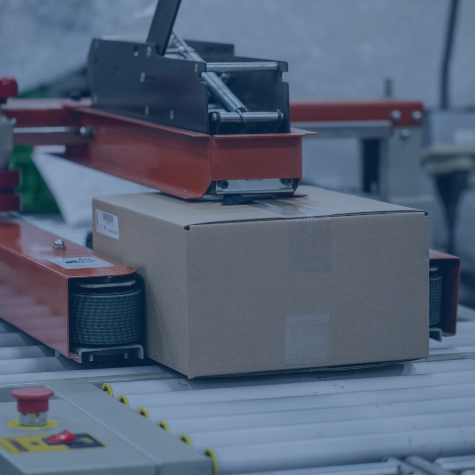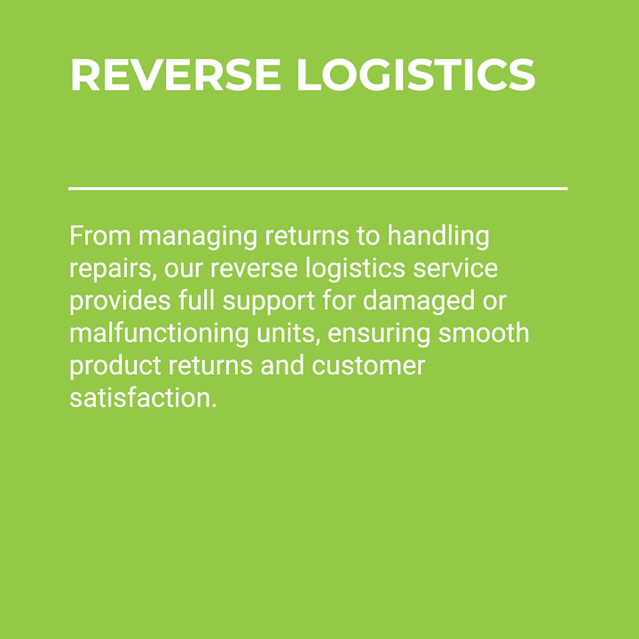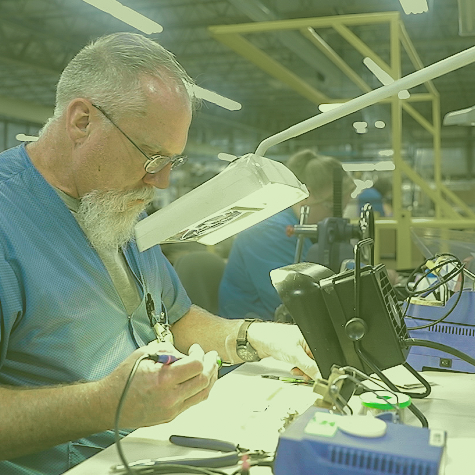Original equipment manufacturers (OEMs) can often benefit by becoming a trusted partner, not just another vendor, but with their customers. This can help OEMs drive success on all sides by allowing everyone involved to give their input and feedback. This feedback can then be used to improve the products and services you provide.
This is an area RiverSide Integrated Solutions (RIS) specializes in. As a contract manufacturer, we know firsthand the benefits of making your suppliers part of your integrated supply chain partners. Because partnering extends the reach of an OEM, it helps cut costs, increase revenue and reach new markets.
Integrating a New Supply Chain Partner
But, of course, it takes a lot of work to integrate a new supply chain partner. So we’ve collected seven of the best tips here to get you started:
1. Agree on a common, consistent performance management system
Get alignment on the essential metrics, software for supply chain management, etc. When drawing up those metrics, create based on total value, not just the standard supply chain scorecard criteria of customer service, cost, quality and safety.
2. Ensure that everyone on both sides have access to the data and systems they need
This includes collaboration tools. With two organizations, multiple interacting workflows, many departments and time-sensitive objectives, keeping everyone on the same page is critical. Customer web portals and cloud-based collaboration platforms are just two ways to keep everyone in sync.
3. Maintain good communication
Communications shouldn’t be limited to online tools like email and web portals. Conference calls, on-site visits and monthly review meetings should all be utilized so that issues are elevated and resolved long before they cause lines to go down or result in missed delivery dates.
4. Be in it for the long haul
The best results are achieved when both enterprises engage in long-term collaboration rather than short-term initiatives. Longer commitments incentivize the investments and justify the efforts put into innovating that in turn generate the biggest gains. Also, long-term collaboration provides more stability for strategic planning.
5. Establish visibility into your partner’s operations through real-time data
Ideally, your new supply chain partner should function like an extension of your own team. Direct, real-time data sharing can minimize the risks of miscommunication, communication delays and improve supply chain responsiveness through automatic ordering.
6. Focus on vendors with similar goals
For example, a contract manufacturer who specializes in product refurbishment, repair and other reverse logistics functions would be a great supply chain partner for an OEM striving to reduce scrap rates and minimize material sent to landfills.
Common goals mean shared passion and dedication for achieving them. That’s the “raw material” for a successful collaboration. When looking at potential partners, check out their corporate responsibility or about us sections to see what the company cares about.
7. Pare down the number of your suppliers
Maintaining a good relationship with supply chain partners requires continual time, effort and resources to produce any benefits. Your company’s time and capital are finite. Resources can be spread thin by trying to maintain relationships with too many suppliers. Instead, make vendor consolidation a key goal before embarking on major supply chain collaborations.
What’s one of the easiest ways to consolidate vendors? Work with a full-service contract manufacturer, like RIS! Full-service contract manufacturers are great for one-stop shopping and they also make great supply chain partners.
About RiverSide Integrated Solutions:
RIS is an advanced contract manufacturer providing robust solutions in circuit board assembly and product assembly. We employ more than 350 people and provide services to OEMs worldwide. We operate two state-of-the-art manufacturing facilities within the US.
With all of the choices in contract manufacturers out there, we know it can be challenging to find someone who understands your business model and has your best intentions in mind. RIS has always proven to be a win-win-focused relationship.
As your one-stop shop, we have the capabilities, capacity, quality assurance standards and resources to support all of your manufacturing needs. We understand that supply chain management is complex and very time-consuming, so we urge our customers to utilize us in the fullest capacity.
Our total-package solutions include:
- Dedicated Program Team
- Extensive supply-chain network for efficient parts procurement and kitting
- Subassembly and full box-build
- Warehousing and drop-shipping capabilities
- Reverse logistics
- Flexible order fulfillment
- Scalability to meet your needs
Contact us today at (507) 523-3220 to see how we can help with your manufacturing project, or click contact us for a quote.






